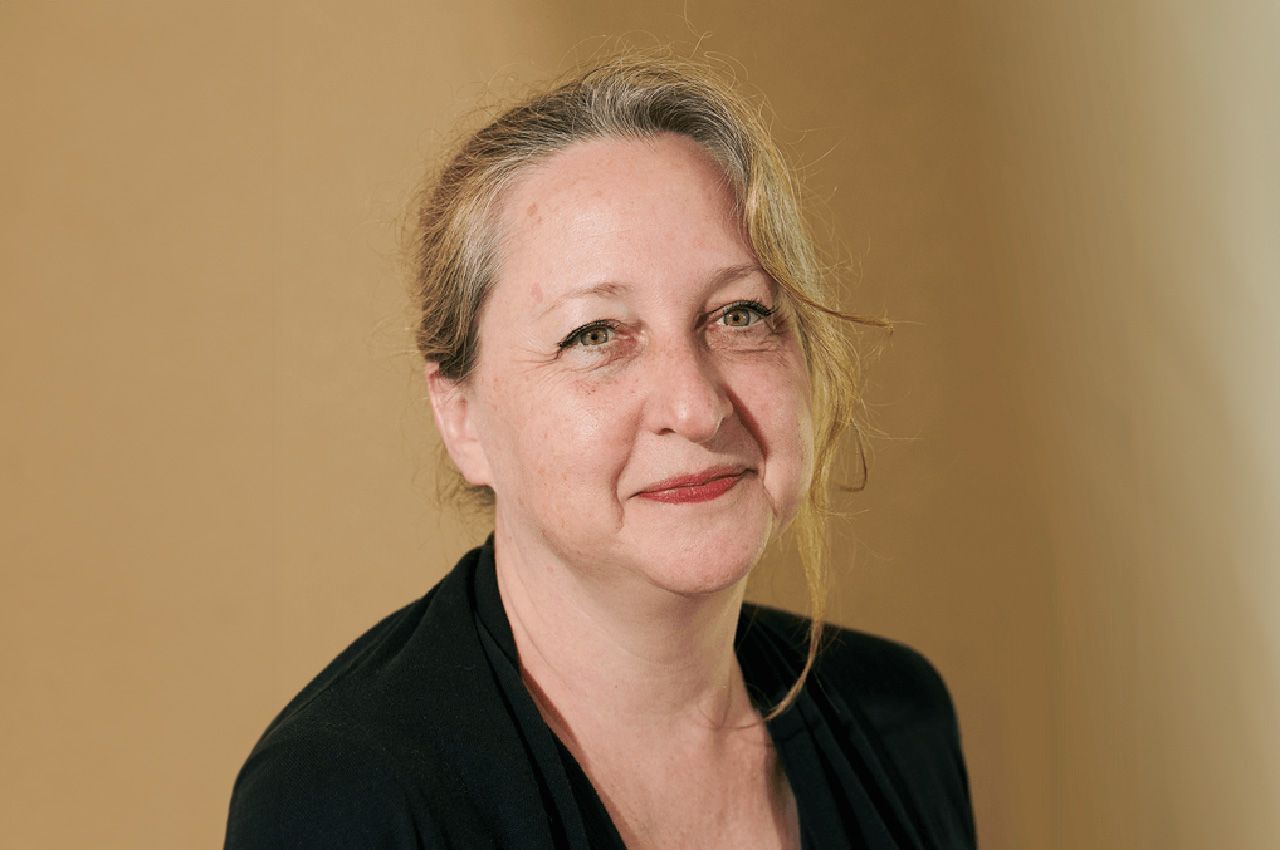Institute of Design Professor Contributes to New Academic Career Online Tool Reformscape

For years, the way academic careers are assessed has been criticized as being unfair, biased and unfit for purpose. Talent has gone overlooked and diversity, equity, and inclusion disregarded. Today institutions are increasingly motivated to move beyond traditional indicators such as impact factors, bibliometrics, and narrow criteria when assessing academic “impact.” But making meaningful change isn’t easy.
One common barrier that keeps institutions from taking first steps is a lack of insight into what others have done. The Reformscape platform, a new online resource enabling the global academic community to explore and share examples of how to make hiring, promotion, and tenure fairer more robust and more diverse brings transparency to this often-opaque challenge and helps institutions understand what’s possible.
“The challenge of assessing ‘impact’ in academic careers may seem like a really niche problem, but it’s also a classic example of why designing behavioral systems is hard: How can we avoid the temptation of reducing value to easily quantifiable parameters?” says Institute of Design Associate Professor of Behavioral Design Ruth Schmidt. “How can we expect individuals to change their behavior if playing by certain rules, no matter how broken, are what help you succeed? And how can we expect institutions to adopt new processes and structures to reform these broken systems if they don’t know where to start? Reformscape attempts to bring some clarity to these questions.”
Schmidt is a major contributor to Reformscape, announced by the Declaration on Research Assessment (DORA) on January 30, 2024. The online tool was developed as part of Project TARA (Tools to Advance Research Assessment), a collaboration that also included Sarah de Rijcke, Alex Rushforth, and Marta Sienkiewicz at the Centre for Science and Technology Studies (CWTS) at Leiden University, Netherlands, Stephen Curry at Imperial College London, and Anna Hatch, Haley Hazlett, and Zen Faulkes at DORA. The project was co-created with members of the academic community and is supported by Arcadia, a charitable foundation that works to protect nature, preserve cultural heritage and promote open access to knowledge.
Developed through participatory processes and tested with members of the research reform community, Reformscape is designed to help institutions at all stages of research assessment reform—from those just starting out, to those with some degree of traction, to those leading the charge—facilitate progress within their individual context.
Reformscape joins other tools developed by Schmidt, already released through Project TARA, including Building Blocks for Impact and Debiasing Committee Composition and Deliverable Processes.




